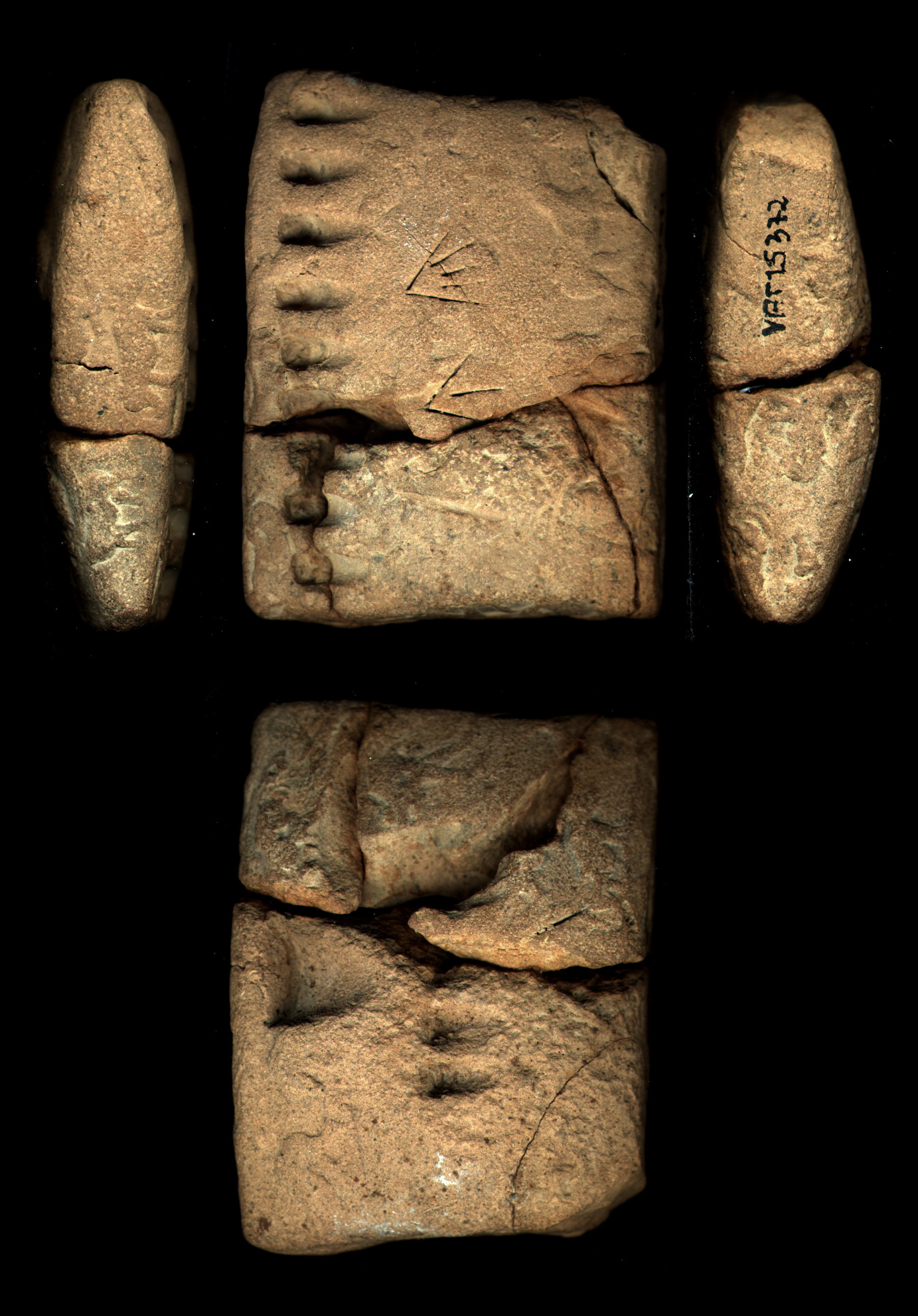
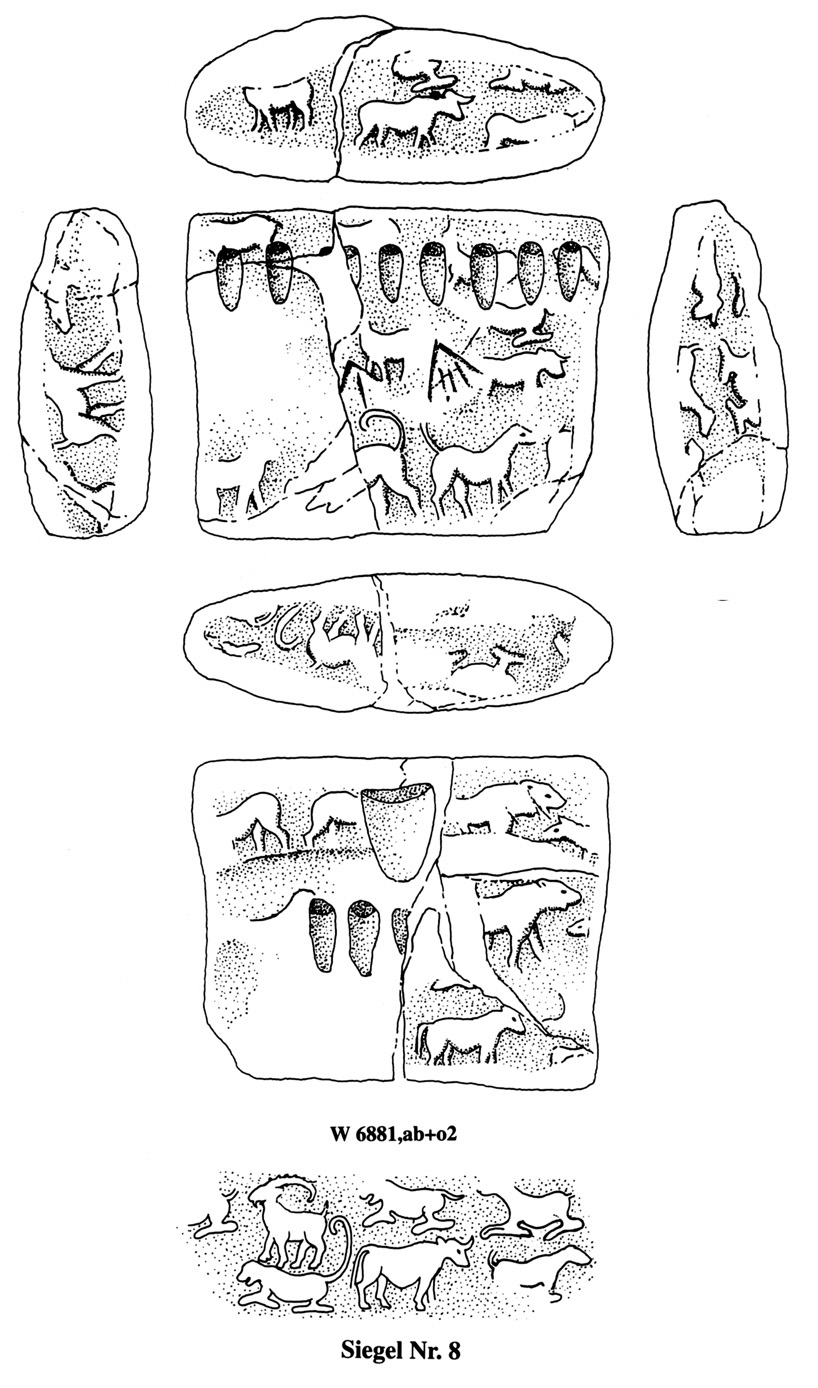
 |
 |
| Tablet (P000867), Uruk, ca. 3350-3200 BC |
At the edge of the main Predynastic town (the settlement cluster HK29/29A) in Hierakonpolis is the house and workshop of a potter. The remnants of foundation trenches for post and reed walls of additional buildings and animal pens as well as the eroded (unburnt) remains of other sunken floor structures surround the house, but some may date to earlier or later phases of occupation.
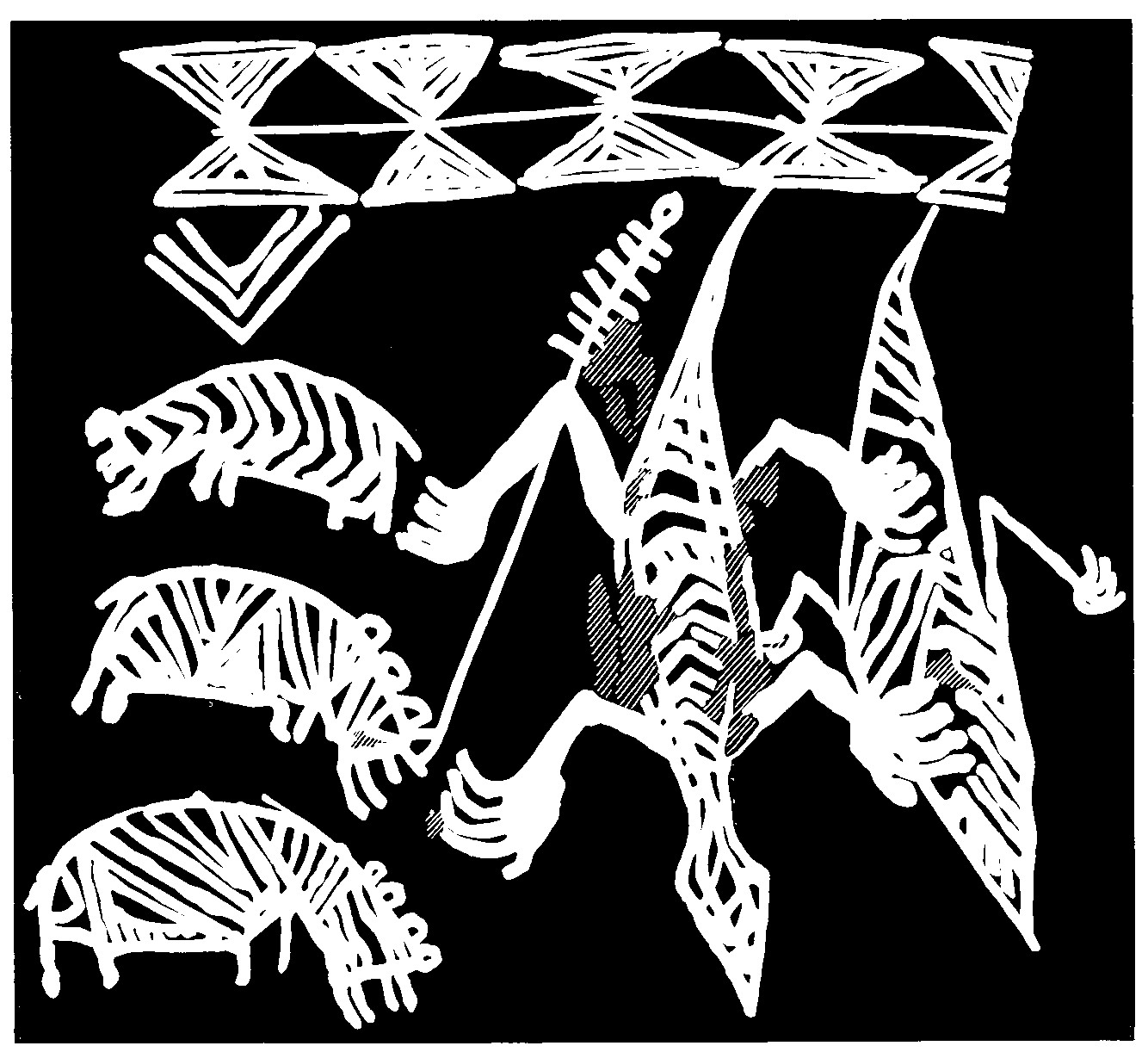 |
| A crocodile and the shadow in the Nile River on C-Ware bottle, Gebelein (?), Naqada IA-IIB period |
Proto-cuneiform ZATU662 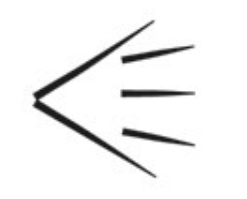 (Five toes on the front feet of a crocodile)
(Five toes on the front feet of a crocodile)
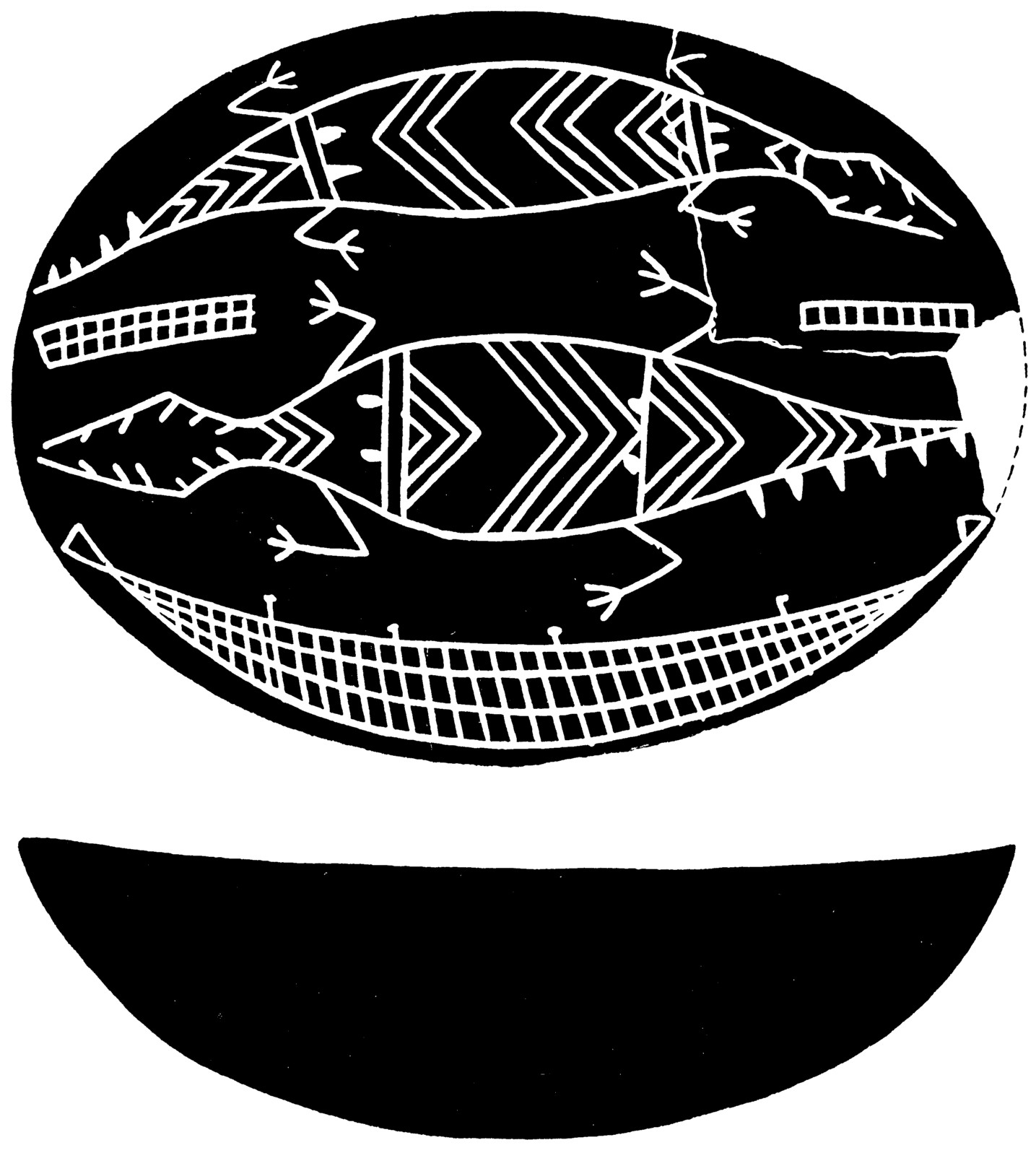 |
| Two crocodiles on C-Ware elliptical bowl, Gebelein (?), Naqada IA-IIB period |
Proto-cuneiform ZATU644~a 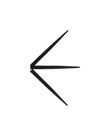 (Three claws of a crocodile)
(Three claws of a crocodile)
A crocodile has five toes on the front feet and four on the back feet. Three of the toes are clawed.
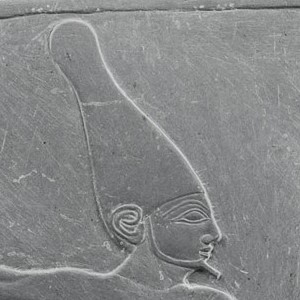 |
| Narmer Palette (recto), Hierakonpolis, ca. 3000 BC |
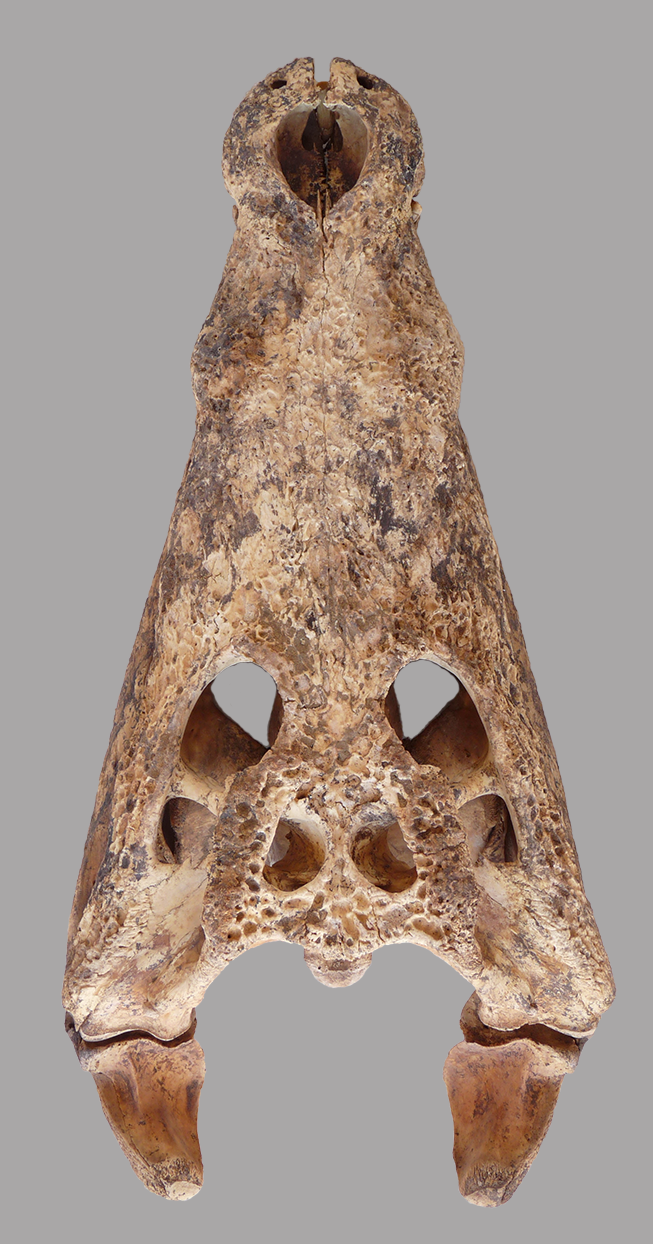 |
| Dorsal view of the skull of a crocodile |
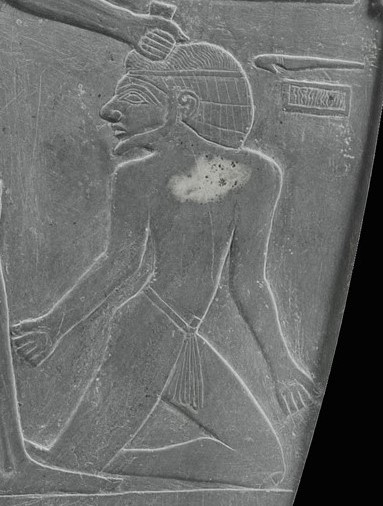 |
| Narmer Palette (recto), Hierakonpolis |
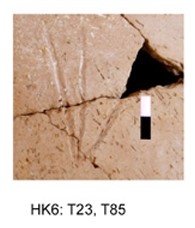 |
| Pre-firing "potters' mark" from Tomb 23 and Tomb 85 at HK6 (Elite Cemetery) in Hierakonpolis |
ZATU644~a  was probably used as a marker: executed by the "crocodile" deity.
was probably used as a marker: executed by the "crocodile" deity.
HK6 Tomb 23 is the largest known tomb of the Naqada IIB period. The special columned area called an offering chapel at Tomb 23 deposited a human vertebra with cut marks indicative of decapitation. Tomb 23 was burned probably not too long after it was built, as charred matting still adheres to some of the fence posts.
HK6 Tomb 85 was essentially empty and its contents widely scattered. Pottery recovered in the tomb’s vicinity points to the Naqada IIB period.
References:
https://cdli.earth/artifacts/867January 25, 2025 Takahiko Nakagawa